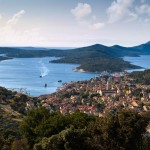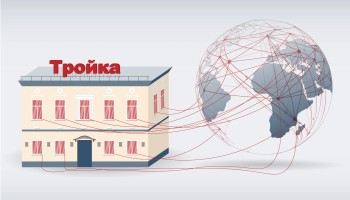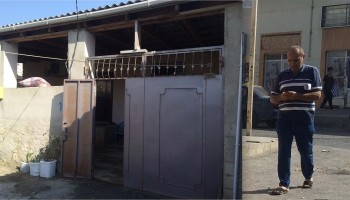The elite British private school Charterhouse, founded in 1611, bills itself as “one of the great historic public schools of England.” (In the United Kingdom, the term “public schools” refers to private establishments.)
In May and August 2010, Charterhouse received £300,000 (almost $450,000) to cover what appears to be five years of tuition in advance for a single student. The payments came from a shell company, Meister Development, that received stolen money through the $200 million Moscow airport fuel fraud reported on by OCCRP.
“In 2010, there was nothing in the public domain about Meister Developments to raise our concerns, and there was nothing we knew of in the family situation to arouse suspicions,” said David Armitage, director of finance and strategy at Charterhouse. The school “certainly does not knowingly accept funds from illicit sources. In comparison with international crime agencies our resources to investigate such matters are very slight.”
Armitage’s comments came in an interview with The Guardian newspaper, an OCCRP partner in the Laundromat investigation.
Charterhouse also received £100 ($163) from Airship Universal Inc. — a company in the Troika Laundromat — as a “fee Kislov,” possibly paid for a relative of Andrei Kislov’s, a politician in Russia’s Samara region who also received Laundromat funds.
Several other British public schools received payments from the Ukio Bankas accounts of Troika Laundromat companies and some of the money flowing through the bank can be traced to criminal activities. In addition, many of the companies have been investigated for ties to fraudulent schemes.
The popularity of public school education among wealthy Russians is reflected in enrollment numbers. In 2013, some 8.3 percent of all foreign public school students there were from Russia, up from 3.9 percent in 2007, according to the Independent Schools Council. (The Laundromat operated from 2006 through early 2013.)
The education sector has worked hard with the Home Office to bring school guidelines into line with new legislation, according to Mike Buchanan, chief executive at the independent schools membership organisation, Headmasters’ & Headmistresses’ Conference (HMC).
“Our members would never knowingly accept such money,” he told The Guardian. “However, schools exist to educate children and we are not experts in detecting signs of international crime.”






